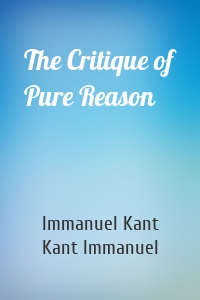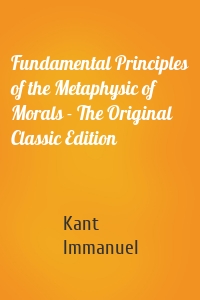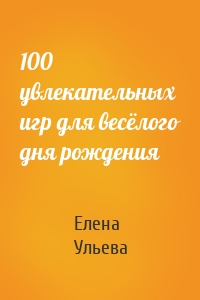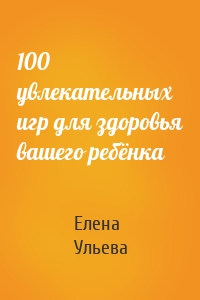
The Critique of Pure Reason - The Original Classic Edition скачать fb2
Kant Immanuel - The Critique of Pure Reason - The Original Classic Edition краткое содержание
Immanuel Kant (1724-1804) is considered one of the giants of philosophy, of his age or any other. It is largely this book that provides the foundation of this assessment. Whether one loves Kant or hates him (philosophically, that is), one cannot really ignore him; even when one isnt directly dealing with Kantian ideas, chances are great that Kant is made an impact. <p> Kant as a professor of philosophy was familiar with the Rationalists, such as Descartes, who founded the Enlightenment and in many ways started the phenomenon of modern philosophy. He was also familiar with the Empiricist school (John Locke and David Hume are perhaps the best known names in this), which challenged the rationalist framework. Between Leibniz monads and Humes development of Empiricism to its logical (and self-destructive) conclusion, coupled with the Romantic ideals typified by Rousseau, the philosophical edifice of the Enlightenment seemed about to topple. <p> Kant rode to the rescue, so to speak. He developed an idea that was a synthesis of Empirical and Rationalist ideas. He developed the idea of a priori knowledge (that coming from pure reasoning) and a posterior knowledge (that coming from experience) and put them together into synthetic a priori statements as being possible. Knowledge, for Kant, comes from a synthesis of pure reason concepts and experience. Pure thought and sense experience were intertwined. However, there were definite limits to knowledge. Appearance/phenomenon was different from Reality/noumena – Kant held that the unknowable was the ding-an-sich, roughly translated as the thing-in-itself, for we can only know the appearance and categorial aspects of things. <p> Kant was involved heavily in scientific method, including logic and mathematical methods, to try to describe the various aspects of his development. This is part of what makes Kant difficult reading for even the most dedicated of philosophy students and readers. He spends a lot of pages on logical reasoning, including what makes for fallacious and faulty reasoning. He also does a good deal of development on the ideas of God, the soul, and the universe as a whole as being essentially beyond the realm of this new science of metaphysics – these are not things that can be known in terms of the spatiotemporal realm, and thus proofs and constructs about them in reason are bound to fail. <p> Kant does go on to attempt to prove the existence of God and the soul (and other things) from moral grounds, but that these cannot be proved in the scientific methodology of his metaphysics and logic. This book presents Kants epistemology and a new concept of metaphysics that involves transcendental knowledge, a new category of concepts that aims to prove one proposition as the necessary presupposition of another. This becomes the difficulty for later philosophers, but it does become a matter that needs to be addressed by them. <p> As Kant writes at the end of the text, The critical path alone is still open. If the reader has had the courtesy and patience to accompany me along this path, he may now judge for himself whether, if he cares to lend his aid in making this path into a high-road, it may not be possible to achieve before the end of the present century what many centuries have not been able to accomplish; namely, to secure for human reason complete satisfacton in regard to that with which it has all along so eagerly occupied itself, though hitherto in vain. This is heavy reading, but worthwhile for those who will make the journey with Kant.
Скачать книгу «The Critique of Pure Reason - The Original Classic Edition» Kant Immanuel
Чтобы оставить свою оценку и/или комментарий, Вам нужно войти под своей учетной записью или зарегистрироваться





